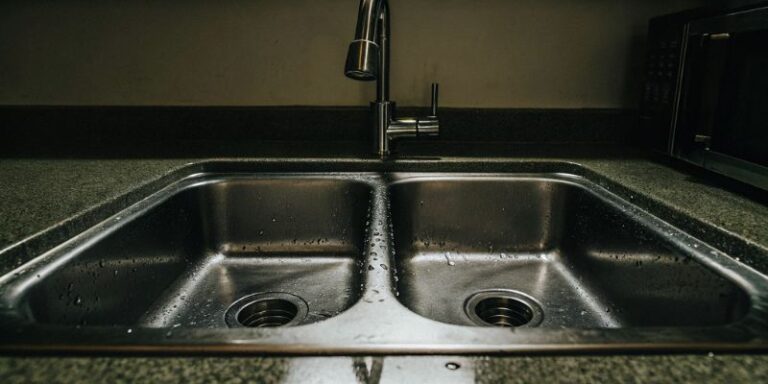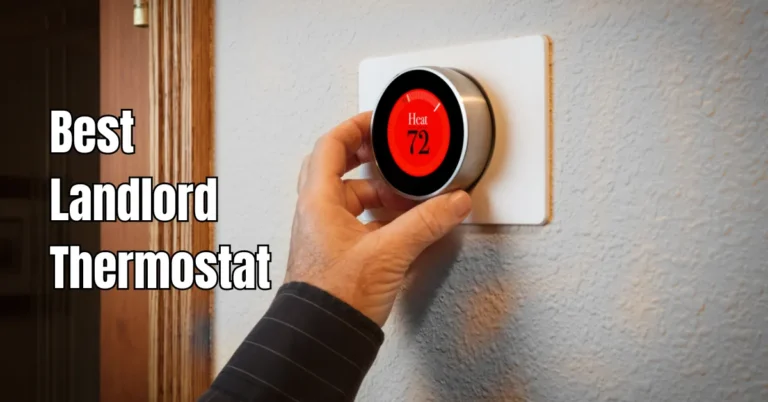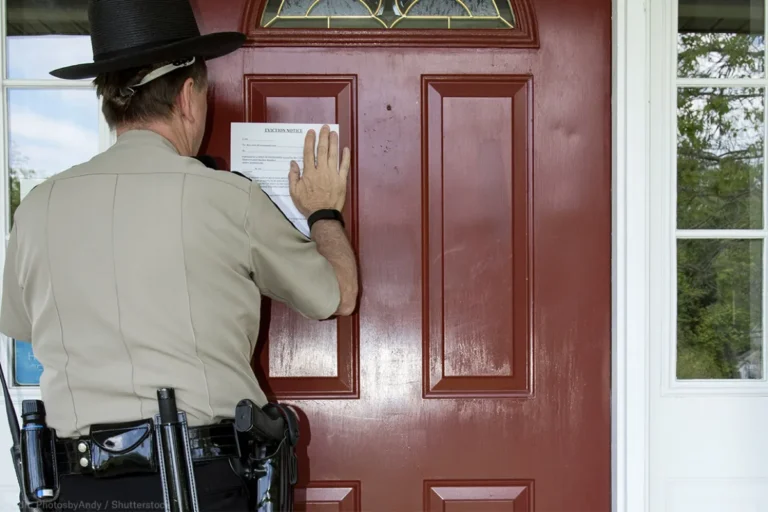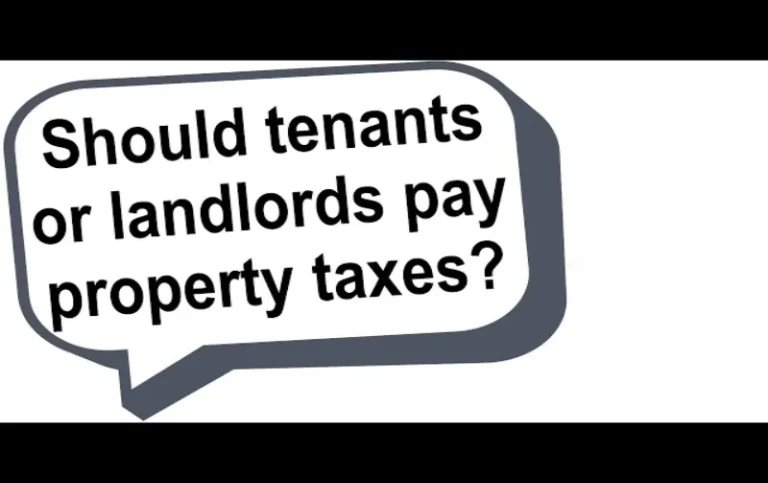Welcome To The RentalAwareness.Com
Where Rental Knowledge Meets Simplicity
We craft comprehensive guides and resources on everything rental-related. Dive into our curated topics and empower yourself in the world of rentals.
Why Choose RentalAwareness.Com?
Comprehensive Yet Digestible
Our mission is to simplify the complexities of the rental world. With us, you gain insights that are in-depth yet easy to understand, ensuring you’re always well-informed.
Tailored Resources For Every Need
From tenants to landlords, from lease agreements to eviction laws, we’ve got you covered. Our platform offers resources tailored to meet the diverse needs of the rental community.
Expert Support Just A Click Away
Got questions? We’ve got answers. Our team of rental experts is here to assist you. Whether you have a specific query or need guidance on a broader topic, we’re here to help.
Free eBooks and Guides
Unlock our collection of free eBooks and in-depth guides. Dive deep into specific rental topics and arm yourself with knowledge.
Our Latest Guides

Can a Landlord Charge for Changing Locks? Rental Awareness
Yes, a landlord can charge for changing locks. In fact, landlords are legally permitted to charge tenants for any expenses related to changing or re-keying locks on rental properties. When…

23 Genius Ways to Arrange Furniture for Optimal Flow and Comfort
Genius furniture arrangement tips reveal designer secrets for transforming cluttered rooms into harmonious spaces that feel twice their size.

Are Tenants Responsible for Changing Air Filters?
Tenants are responsible for changing air filters in their rented property. It’s essential for maintaining good indoor air quality and the HVAC system’s efficiency. However, lease agreements may specify different…

19 Hidden Sink Horrors That Will Shock You (#11 Is Terrifying!)
Just when you thought your sink was clean, these 19 disturbing discoveries reveal a bacterial battleground that could endanger your family’s health.

Best Landlord Thermostat: Ultimate Control Solutions
The best landlord thermostat provides robust control and is tamper-proof, ensuring consistent temperature management in rental properties. These devices allow landlords to maintain energy efficiency while preventing unauthorized adjustments by…

Understand Weekend Evictions: Do Sheriff Evict On Weekends?
Sheriffs typically do not carry out evictions on weekends. Evictions are generally executed during weekdays, as they require coordination with the court system and other legal entities, which operate on…

Can a Landlord Make You Pay Property Taxes? Discover the Truth!
Yes, a landlord can make you pay property taxes as part of your rental agreement. As a tenant, you may wonder if you are responsible for paying property taxes, or…

Can You Get Housing Benefit If Your Landlord is a Relative?
It is possible to receive housing benefit even if your landlord is a relative. However, certain rules and criteria must be satisfied to qualify for housing benefit, and there may…

What Do Landlords Look for in a Tenant? – Rental Awareness
Landlords typically look for several key qualities in a tenant, including a good credit history, stable income, positive rental references, and a clean criminal record. Additionally, they may consider factors…